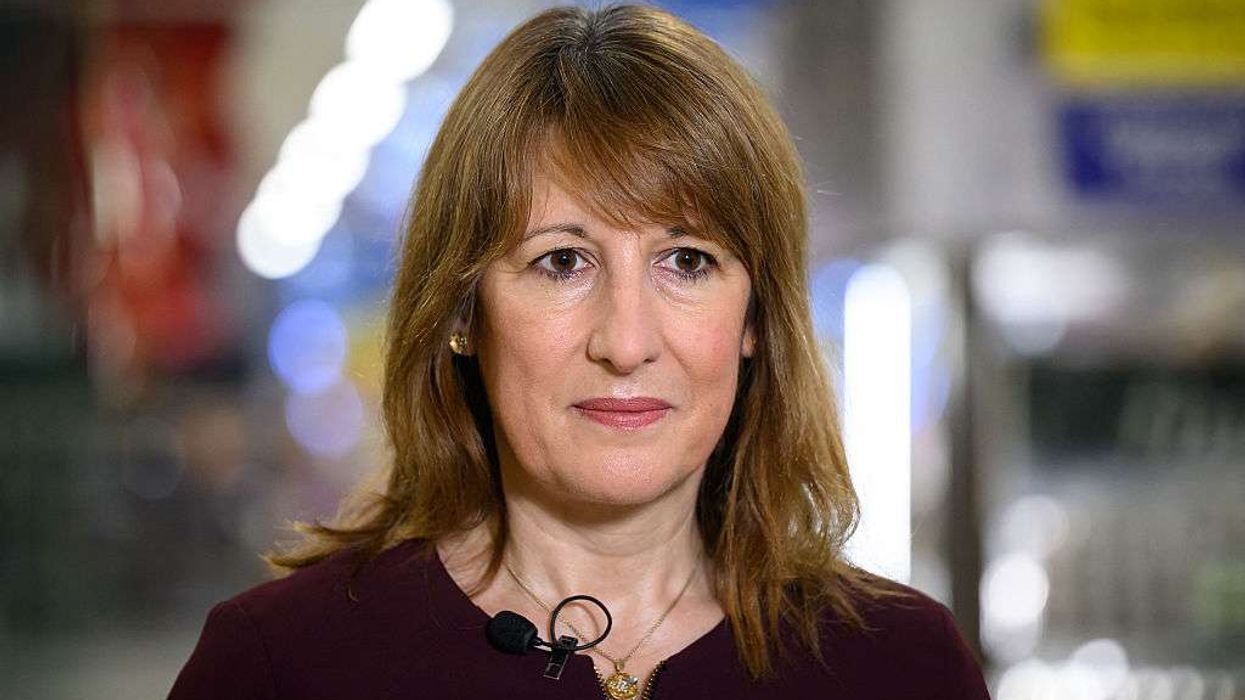LABOUR government is braced for a major political and economic test on Wednesday (26) as chancellor Rachel Reeves prepares to deliver a budget expected to include tax rises, new support for households and measures aimed at stabilising public finances.
Prime minister Keir Starmer has promised a “Labour budget with Labour values”, built around easing the cost-of-living crisis, reducing NHS waiting lists and supporting families facing rising bills.
But Reeves also faces the difficult task of convincing both voters and financial markets that the government can restore stability without breaking key election pledges.
The budget comes as opinion polls show Labour losing ground to Reform UK, and as economic forecasts weaken. Reports suggest the Office for Budget Responsibility is preparing to downgrade growth projections for each remaining year of the parliament.
The downgrade adds to pressure on Reeves, who economists say must find around £20 billion to balance the books at a time when the deficit is close to five per cent of GDP and long-term borrowing costs have risen sharply. Yields on 30-year government bonds recently reached their highest level since 1998, reflecting concern over rising state debt.
Downing Street has confirmed that ministers have scrapped plans for an income tax rise, which would have broken a manifesto promise. That decision leaves Reeves relying on a series of narrower tax measures, including freezing income tax thresholds—pushing more workers into higher bands—and potential increases in levies on luxury properties, gambling and banks.
“There isn’t that much room to manoeuvre without facing a political backlash,” said James Wood, professor of political economy at the University of Cambridge. He warned that the most effective way to raise revenue would be to target middle-income households, “who are Labour’s core support base”.
Labour returned to office last year promising to deliver growth after 14 years of Conservative rule. But Britain’s economy has slowed sharply, with GDP rising just 0.1 per cent in the third quarter, down from 0.3 per cent in the previous three months.
Some business leaders say uncertainty over tax policy has made employers cautious. “We’ve held off on taking on extra staff until we see what happens in the budget,” said Craig MacLeod, who runs a bar in Inverness.
Reeves, however, has signalled that cost-of-living support will be central to her announcements. She has already pledged “direct action to ease the cost of living for all households”, raising hopes that the budget will offer some relief on energy bills, which remain significantly above pre-Ukraine war levels.
Across the country, families and small businesses are struggling with higher costs. At the Thatched House pub in west London, landlord James Fitzgerald said soaring energy bills had pushed up annual running costs by £22,000.
“We really need help from the government to make it viable,” he said, adding that higher food prices and tax rises from last year’s Labour budget had increased pressure.
Ofgem has confirmed its cap on household gas and electricity bills will rise again in January, with an average home expected to pay £1,758 next year. Greg Jackson, chief executive of Octopus Energy, said UK energy prices “are too high” and warned that households cannot be expected to absorb them without major improvements in efficiency and infrastructure.
Labour has also retreated from plans to cut disability benefits and winter fuel payments for pensioners, after pressure from MPs. Starmer said last week: “What we won’t do is inflict austerity on the country.” The government is expected to lift the cap on family benefits, reduce energy taxes and increase some areas of welfare spending.
Jonathan Portes, professor of economics at King’s College London, said the burden of new tax measures was likely to “fall on higher-income workers, better-off pensioners and business”, with Labour determined to avoid hitting lower and middle earners.
(AFP)





